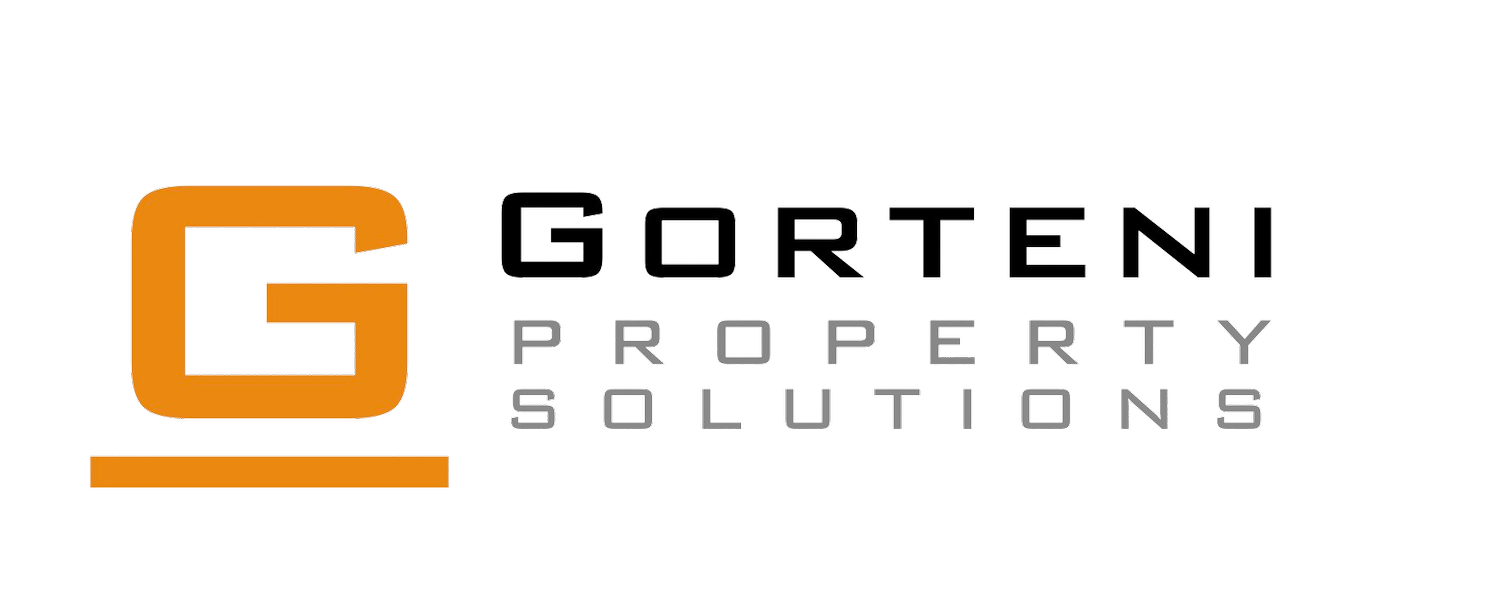How to Handle Power Outages in Chicago’s Older Buildings
Power outages are more than an inconvenience—they can disrupt lives, compromise safety, and damage electrical systems. For Community Association Managers (CAMs) in Chicago, power outages in older buildings are a common challenge due to outdated electrical infrastructure, unpredictable weather, and increasing energy demands. Knowing how to handle these outages quickly and efficiently is critical for resident satisfaction and minimizing repair costs.
In this blog, we’ll cover how to address power outages in Chicago’s older buildings, real-world examples of successful interventions, and the role Gorteni Property Solutions plays in keeping your property powered and safe.
Why Power Outages Are Common in Chicago’s Older Buildings
1. Aging Electrical Infrastructure
Many older buildings in Chicago were designed decades ago and rely on electrical systems that were not built to handle modern energy demands. Outdated wiring, panels, and circuits are more prone to failure during peak usage.
2. Harsh Weather Conditions
Chicago’s extreme winters and stormy summers put significant strain on electrical systems.
Winter Risks: Snow and ice accumulation can damage power lines and electrical equipment.
Summer Risks: High heat and humidity increase energy consumption, leading to overloads and outages.
3. High Occupancy in Multi-Unit Buildings
With multiple units sharing the same electrical infrastructure, power demands in multi-unit buildings can easily exceed capacity, leading to outages or tripped breakers.
Challenges for Community Association Managers
1. Resident Complaints
Residents expect quick resolutions during outages. Failing to address issues promptly can lead to dissatisfaction and complaints.
2. Emergency Repairs
Outages can result in costly emergency repairs if root causes, such as faulty wiring or damaged panels, are not addressed proactively.
3. Safety Concerns
Power outages compromise security systems, elevators, and emergency lighting, increasing the risk of accidents or safety breaches.
Steps to Handle Power Outages in Chicago’s Older Buildings
1. Assess the Outage
Start by determining whether the outage is building-specific or part of a wider neighborhood issue.
Action Steps:
Check Circuit Breakers: Inspect for tripped breakers or blown fuses.
Contact the Utility Company: Verify if the outage is due to external factors like downed power lines.
How Gorteni Can Help:
Our licensed electricians in Chicago, IL, provide emergency troubleshooting and repair services to quickly diagnose and resolve building-specific outages.
2. Communicate with Residents
Transparency is key during outages. Keep residents informed about the status and estimated resolution time.
Best Practices:
Use email, text alerts, or building apps to send updates.
Provide residents with safety tips, such as using flashlights instead of candles to prevent fire risks.
3. Identify and Resolve Root Causes
If the outage is building-specific, the next step is identifying and addressing the root cause, whether it’s outdated wiring, overloaded circuits, or a damaged breaker panel.
Real-World Example:
A Lakeview condo experienced frequent outages due to an overloaded electrical panel. Gorteni Property Solutions upgraded the panel to handle modern energy demands, eliminating outages and improving resident satisfaction.
4. Install Backup Systems
Backup systems like generators or uninterruptible power supplies (UPS) are essential for maintaining critical systems during outages.
Key Areas to Support:
Emergency lighting in hallways and stairwells.
Security systems like cameras and alarms.
Elevators for accessibility.
How Gorteni Can Help:
We specialize in installing and maintaining backup power systems for multi-unit properties, ensuring continuity during outages.
5. Conduct Preventive Maintenance
The best way to avoid outages is through regular maintenance and inspections of your building’s electrical systems.
What to Include in Maintenance:
Inspect and test circuit breakers, panels, and wiring.
Upgrade outdated systems to meet modern energy demands.
Schedule routine electrical safety inspections in Chicago with a trusted provider.
Actionable Tips for Preventing Power Outages
1. Upgrade Electrical Panels
Outdated panels are a leading cause of outages in older buildings. Upgrading to a modern system ensures sufficient capacity for today’s energy needs.
2. Optimize Energy Efficiency
Install smart lighting solutions and energy-efficient appliances to reduce overall power consumption.
3. Monitor High-Demand Areas
Identify areas of the building with high energy usage (e.g., laundry rooms or common areas) and ensure they have dedicated circuits to prevent overloads.
FAQs About Power Outages in Older Buildings
What should residents do during an outage?
Encourage residents to:
Avoid using elevators during an outage.
Unplug electronics to prevent damage when power is restored.
Use flashlights instead of candles for safety.
How much does electrical repair cost in Chicago?
Repair costs vary depending on the issue, ranging from $150 for minor repairs to $5,000 for major upgrades like panel replacements.
Why Choose Gorteni Property Solutions?
At Gorteni Property Solutions, we understand the unique challenges of managing electrical systems in Chicago’s older buildings.
Our Services Include:
Emergency Electrical Repairs: Quick resolution of outages to minimize disruptions.
Electrical Upgrades: Modernizing outdated systems to handle today’s energy demands.
Preventive Maintenance: Regular inspections and maintenance to prevent outages.
Backup Power Solutions: Installation of generators and UPS systems for critical areas.
What Sets Us Apart?
Local Expertise: Familiarity with Chicago’s building regulations and unique weather challenges.
Licensed Professionals: All work is performed by licensed electricians in Chicago to ensure safety and compliance.
Resident-Centric Approach: We work efficiently to minimize disruptions for residents.
